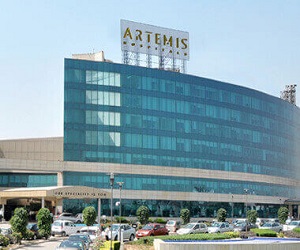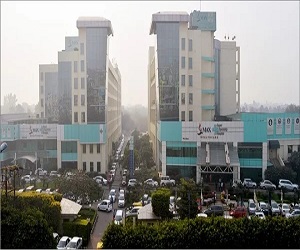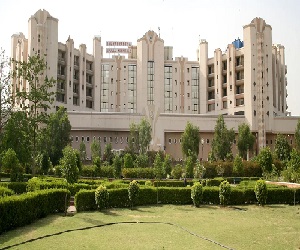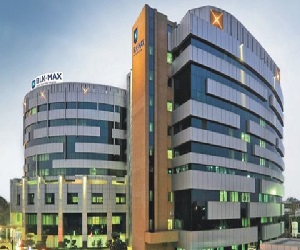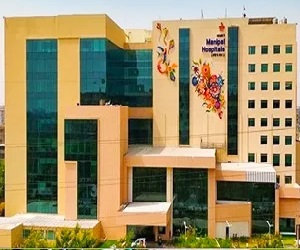The anal canal is the passage that connects the anus to the rectum, typically measuring between 1 and 2 inches in length. This part of the body is responsible for the elimination of solid waste. Anal cancer develops when abnormal cells grow and proliferate in the anal canal or the surrounding abdominal region.
When do you need anal cancer surgery?
Surgery for anal cancer may be necessary if:
- Surgery for anal cancer may be recommended if the cancer is localized and has not spread to other parts of the body.
- The chemotherapy and radiation do not entirely eradicate cancer or cause it to return
- In situations where previous treatment for cancer in the pelvic region has been undertaken, radiotherapy may not be a viable option.
Some benefits of the treatment are as follows.
During this surgery, the malignant tumor along with some surrounding tissue is removed. When tumors are small and localized, surgeons perform local resection, which can potentially cure cancer. Since the sphincter muscles and anus are preserved, patients should still be able to effectively control bowel movements after surgery.
The process of diagnosis
For anal cancer, a diagnosis is made by-
- Performing an anal or rectum exam. During a digital rectal exam, your doctor puts a gloved finger that has been lubricated into your rectum.
- Examining your anal canal and rectum with your eyes.
- Using ultrasound to take pictures of someone’s anal canal.
How is the surgery done?
Anal cancer treatment typically involves surgery, radiation therapy, and chemotherapy as the primary therapeutic modalities. The choice of treatment options and recommendations depends on various factors, including the type and stage of cancer, the potential side effects, the patient’s preferences, and their overall health condition. It’s important to research the available therapy choices thoroughly, and if anything is unclear, don’t hesitate to ask questions. These discussions, known as “shared decision-making,” are essential in ensuring that the treatment plan aligns with the patient’s needs and preferences.
What are recovery and post-op care after the treatment?
After surgery, it’s important to prioritize activities that make you feel comfortable, and you may be discharged relatively early, often within a week. However, avoid sitting for prolonged periods, limiting it to 10 to 15 minutes at a time. You can sit on a foam pillow for added comfort, but avoid rubber “donuts” or rings. Additionally, refrain from driving if you’re taking painkillers.
Once you feel ready, you can gradually return to work. The duration of recovery can vary from a few days to several weeks depending on the specific procedure. It’s important to communicate with your doctor about any limitations and guidelines for returning to work.
What are the risks of anal cancer surgery treatment?
After surgery, many patients may experience some discomfort, but doctors can usually effectively manage their pain with medication. Other potential complications include:
- Excessive bleeding.
- Injury to neighboring organs.
- Adverse reactions to the anesthetic.
- Formation of blood clots inside the legs.
Anal Cancer Treatment cost in India are as follow
| Treatment | Cost in USD | Stay in Hospital |
| Anal Cancer | 2300-2800 | 4-5 Days |
| Bladder Cancer | 2300-2800 | 4-5 Days |
| Brain Tumor Surgery | 4800-5000 | 4-6 Days |
| Breast Cancer | 3700-4500 | 4-5 Days |

